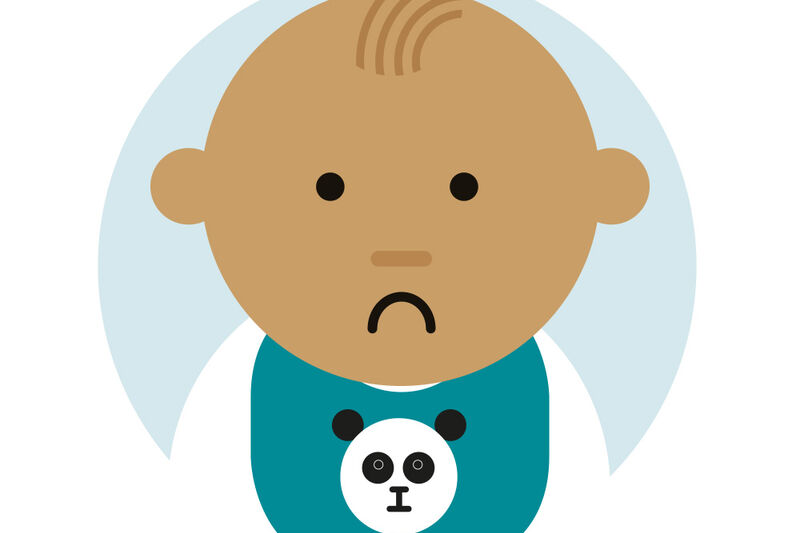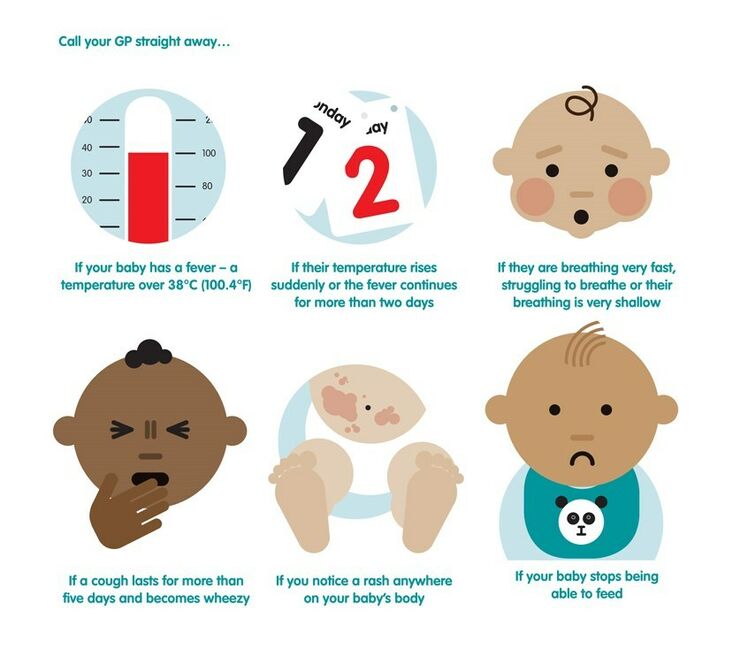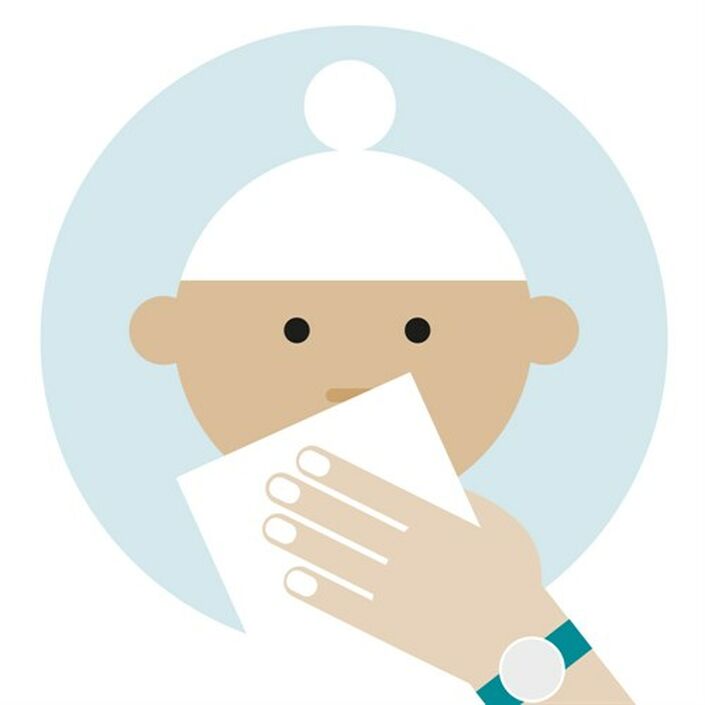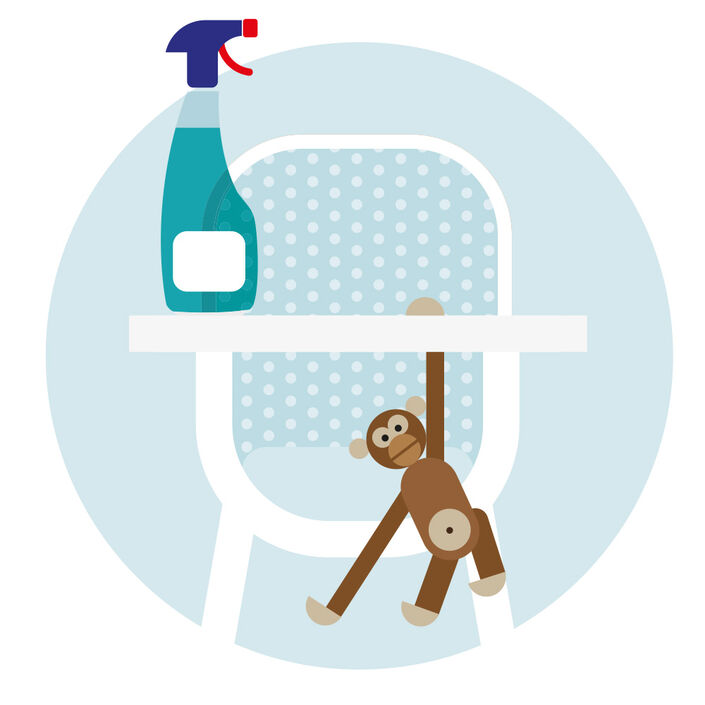We often hear that parents of babies born premature or sick spend a lot of time worrying about their baby catching an infectious illness. This is because premature and sick babies are more vulnerable to complications from conditions such as a cold. Often, this can be the most worrying part of taking your baby home from the neonatal unit, where they have been more protected.
As a parent, you can only do so much to protect your baby from infections in the outside world. By being prepared, and by following our tips on reducing the risk of infections, you can help protect your baby. It’s also important to remember that it is part of their development to build up a healthy immunity to common infections.
Homeopathic remedies can be presented as treatments for common infectious illnesses. However, research has found no evidence to support the use of homeopathic remedies as effective treatments for any health conditions. You can find more information about the research and findings of clinical evidence for homeopathy (PDF).
When to call your GP
We have included information about when to call your GP for the conditions mentioned in this information. However as a general rule, you should always speak to your GP, health visitor or call NHS 111 if you are worried about your baby’s health.
You should never worry about wasting their time. Here are some symptoms which you should not ignore:



